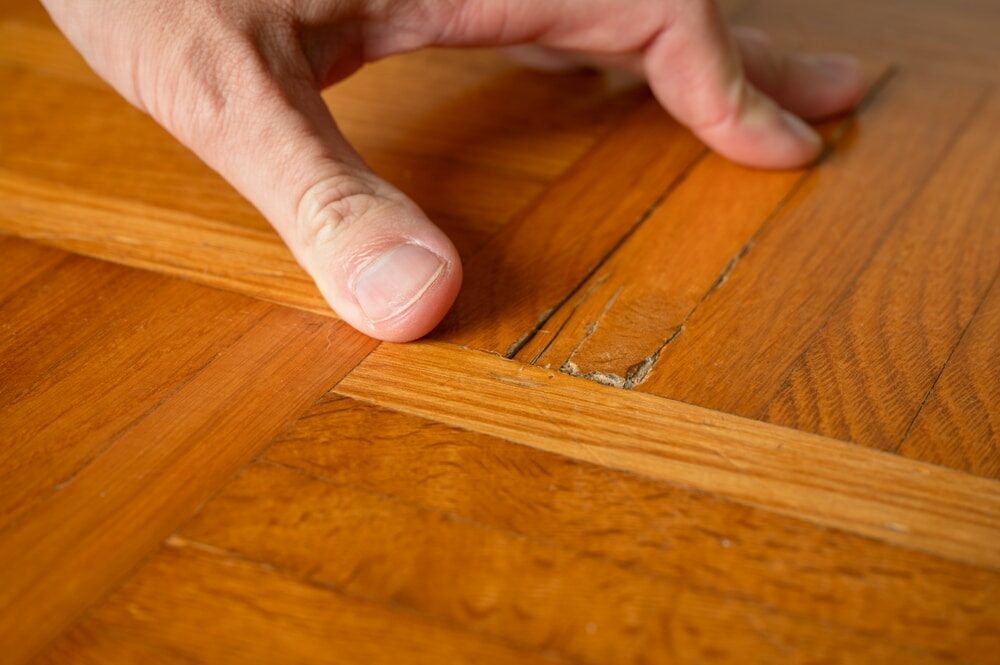London:
Nationwide:
Are Carpet Floors Really Bad for Allergy Sufferers?
Posted on July 13, 2023
News
Debunking Myths: Carpet Floors and Allergies – A Comprehensive Guide
For many years, the common belief has been that carpets are a no-go for people with allergies. However, more recent research suggests that carpets might not be as problematic for allergy sufferers as previously thought. This comprehensive guide will explore why carpeted floors may not be as harmful for those with allergies and how proper care and maintenance can reduce the risk of allergy flare-ups.

Understanding Allergens and Carpets
Allergens such as dust mites, pollen, and pet dander are often implicated in triggering allergic reactions. While these allergens can accumulate in carpets, studies have suggested that carpet flooring may act as a filter, trapping allergens and preventing them from becoming airborne, reducing the risk of inhalation.
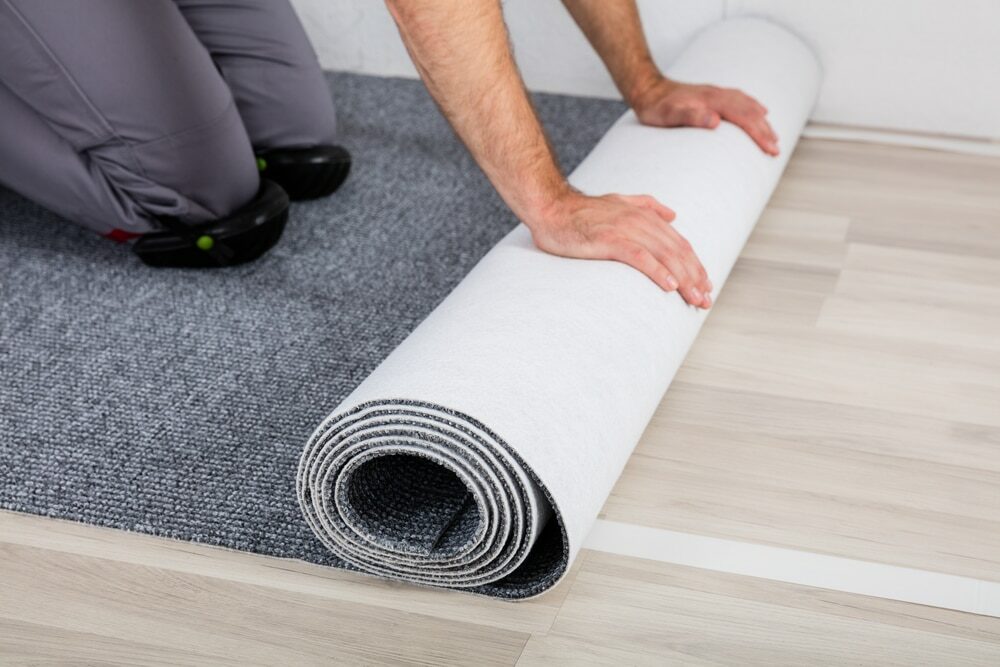
Carpets as an Allergen Sink
Researchers often refer to carpets as “allergen sinks.” Carpets, with their complex weave of fibres, are excellent at trapping allergens. Unlike hard surfaces, where dust and allergens can be easily disturbed and become airborne, in carpets, these particles stay locked in place until disturbed by high-impact activities or improper cleaning.
The Role of Proper Carpet Maintenance
While carpets can trap allergens, proper and regular cleaning is necessary to prevent allergen buildup. Here are some essential carpet maintenance tips for allergy sufferers:
Regular Vacuuming
Use a vacuum cleaner with a high-efficiency particulate air (HEPA) filter at least once a week. These filters are capable of trapping small particles, including common allergens, and preventing them from being released back into the air.
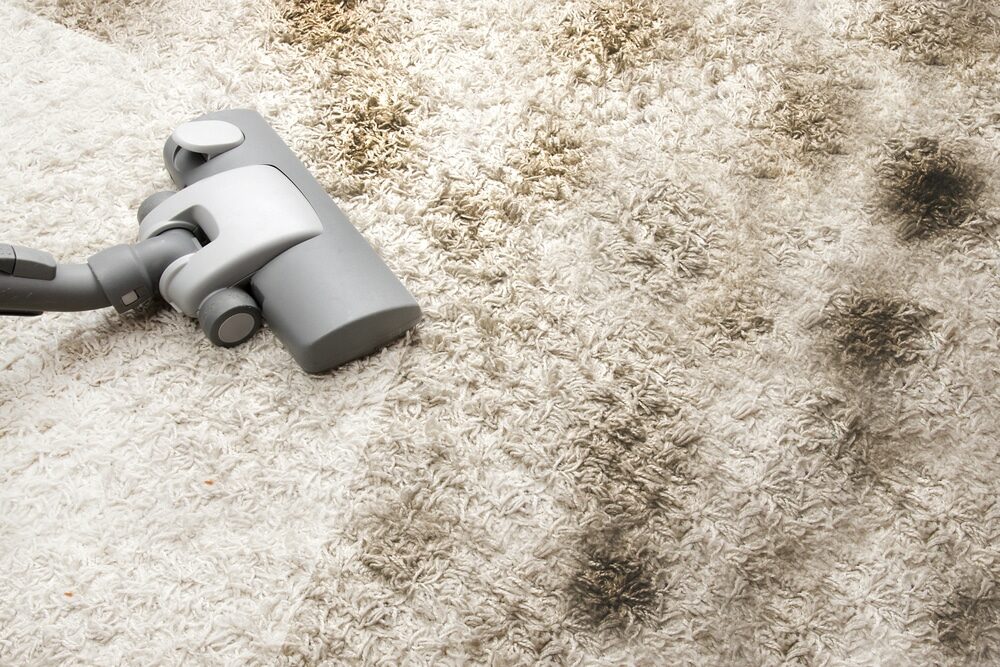
Professional Cleaning
Invest in professional carpet cleaning services once or twice a year, especially for high-traffic areas. Professional cleaners use high-temperature steam cleaning or hot water extraction methods, which are effective in killing dust mites and removing trapped allergens.
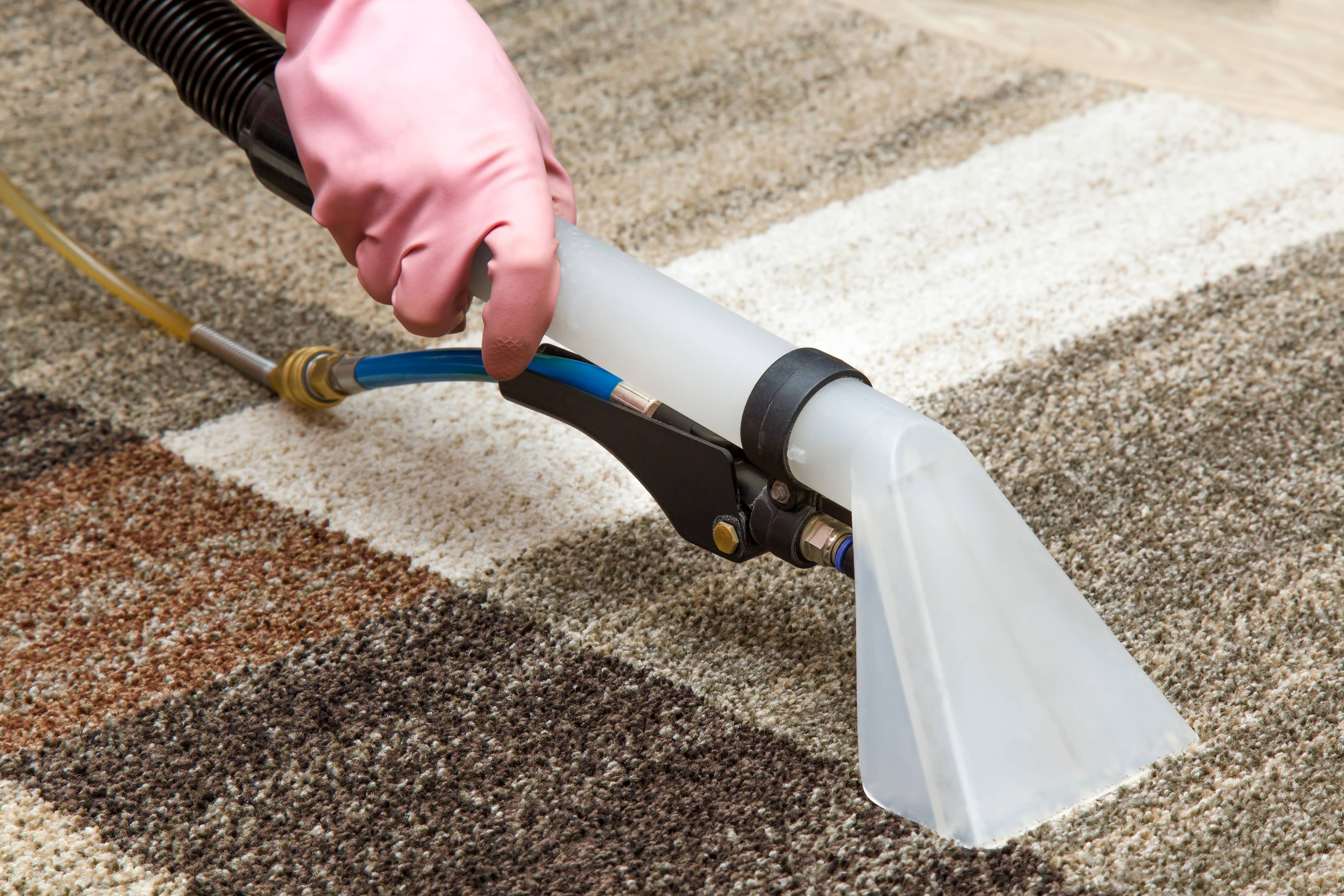
Spot Cleaning
Immediately clean up any spills to prevent the growth of mould, another common allergen. Use a carpet cleaner designed for home use and follow the instructions on the label.
Consider Carpet quality.
Not all carpets are created equal. Higher-quality carpets, which often have tighter weaves, are better at trapping allergens. They’re also more durable and easier to clean, making them a good option for allergy sufferers.
Carpet Alternatives for Allergy Sufferers
While carpets may not be as harmful to allergy sufferers as once thought, some people may still prefer alternatives. Hard flooring options such as hardwood, bamboo, tile, or vinyl are easier to keep free of allergens. If you choose hard flooring, consider using washable area rugs in areas where you want the warmth and comfort of carpet. These can be cleaned regularly, reducing allergen buildup.
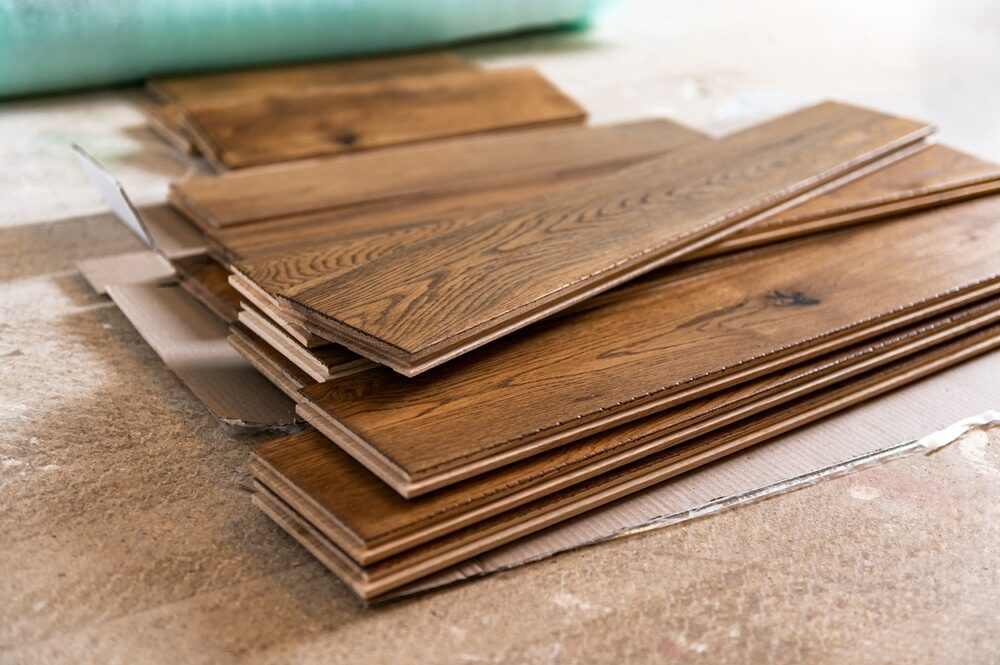
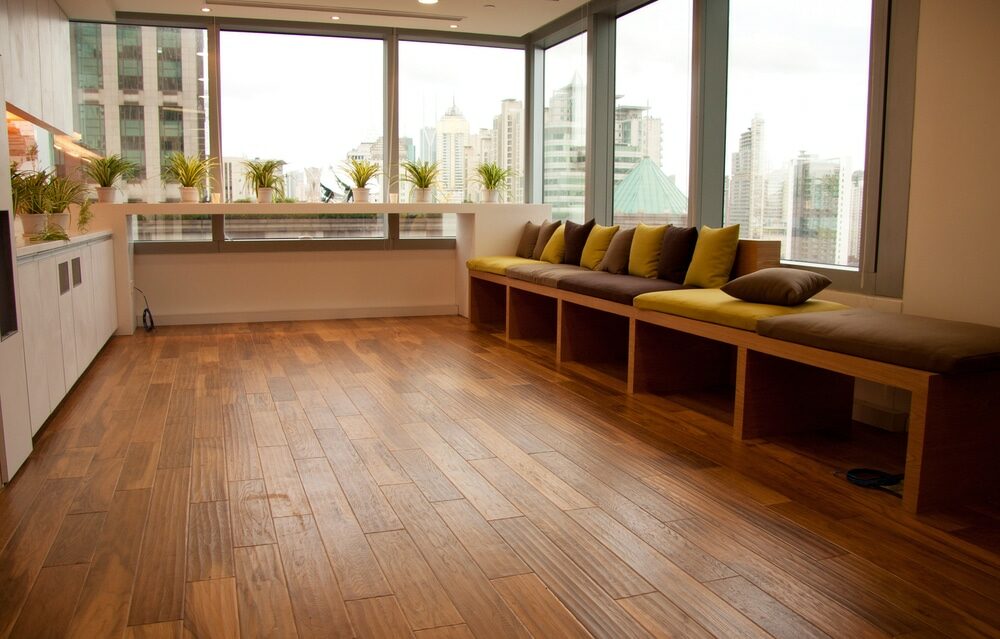
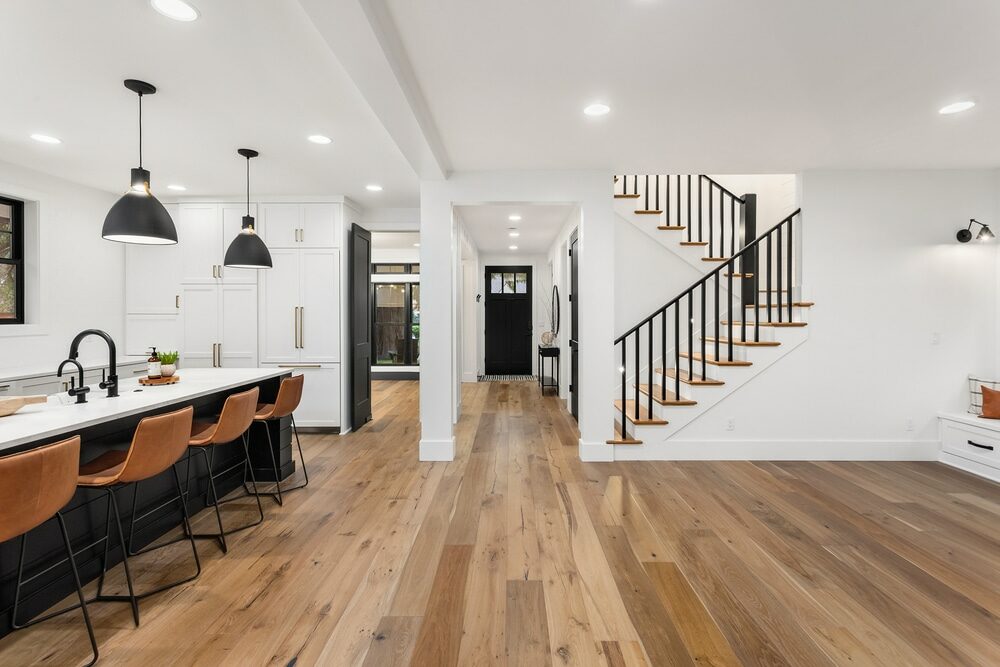
Conclusion
It’s time to rethink the belief that carpets are bad for allergy sufferers. With their ability to trap allergens and the right cleaning techniques, carpets can be part of a comfortable home environment, even for people with allergies. By understanding how to manage allergens and maintain your carpet, you can enjoy the comfort and beauty of carpeted floors without worsening your allergies.
Some Useful Links:
- Floor Sanding Services
- School Floor Sanding
- Wood Floor Restorations
- Wood Floor Repairs
- Wood Floor Polishing
More from our Blog:
Essential Guide to Installing Wooden Floors: Consider Traffic Levels Does Everyone Understand Hardwood Floor Sanding? Quick Steps to Installing Your New Wood Flooring Fascinating Facts About Hardwood Floor Sanding in London How to Find The Best Value For Money Floorboard Sanding Experts
Sanding
We provide virtually dust-free sanding with our continuous belt machinery with mobile extraction units, giving you a safer environment for your family.
Oiling
This organic finish not only adds beauty to your home but also has exceptional water-repellent characteristics, making it easier to clean and maintain.
Waxing
This natural floor finish offers the softest and most mellow appearance – and leaves your floor able to breath.
Buffing
Using soft buffing machines (and hand-polishing where required) will bring a wonderful sheen to your newly-finished floor.
Repairs
We offer a full assessment of your wooden floors to determine what repairs are needed to provide the perfect working surface for the later stages of sanding, staining and sealing.
Restoration
We offer a comprehensive restoration process designed to address floors that are improperly fitted or damaged over time through wear and tear.
Request a fixed price quote for your wood floor restoration now
Simply enter your postcode below to get started.
Services
Wood Floor Sanding Wood Floor Restoration Wood Floor Scratch Repair Squeaky Wood Floor Repair Parquet Floor Sanding Parquet Floor Restoration Commercial Floor Sanding Church Floor Sanding Community Centre Floor Sanding School Floor Sanding Gap Filling Gap Filling with ResinCopyright © Mr Sander®
Privacy & Cookies Terms & Conditions Complaints Procedure Cancellation Rights Sitemap
